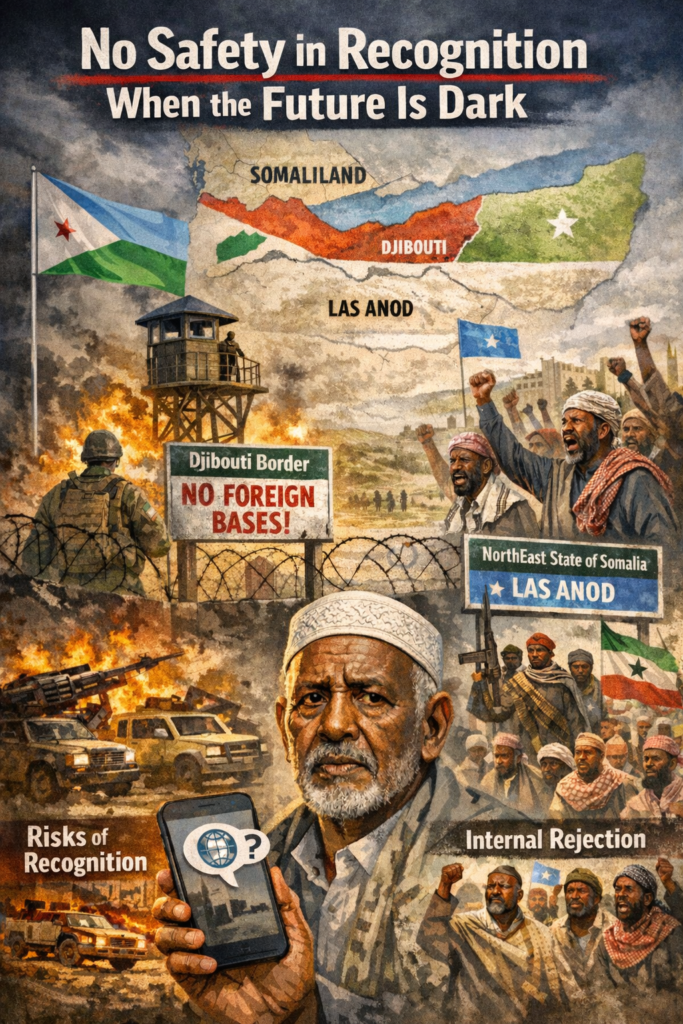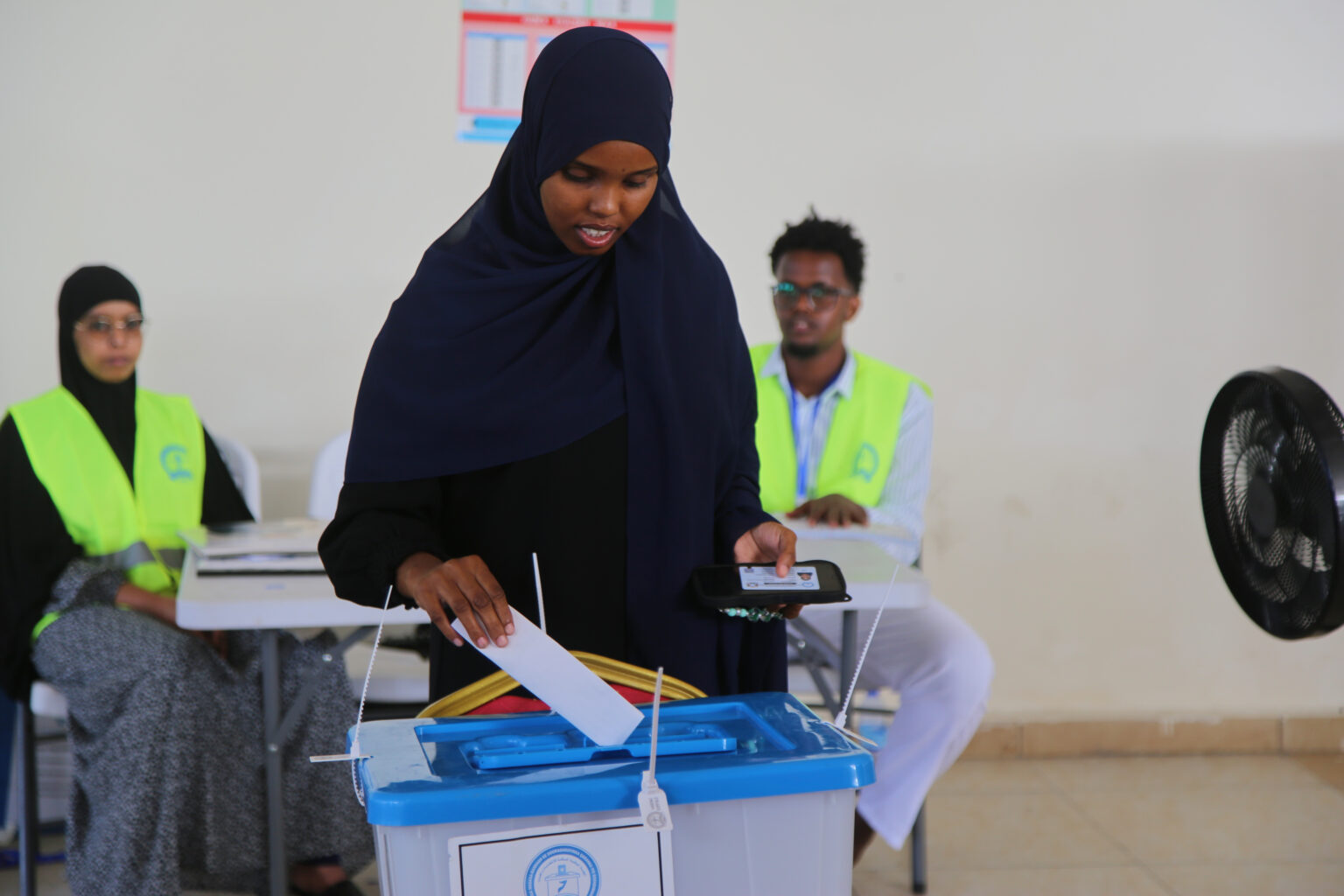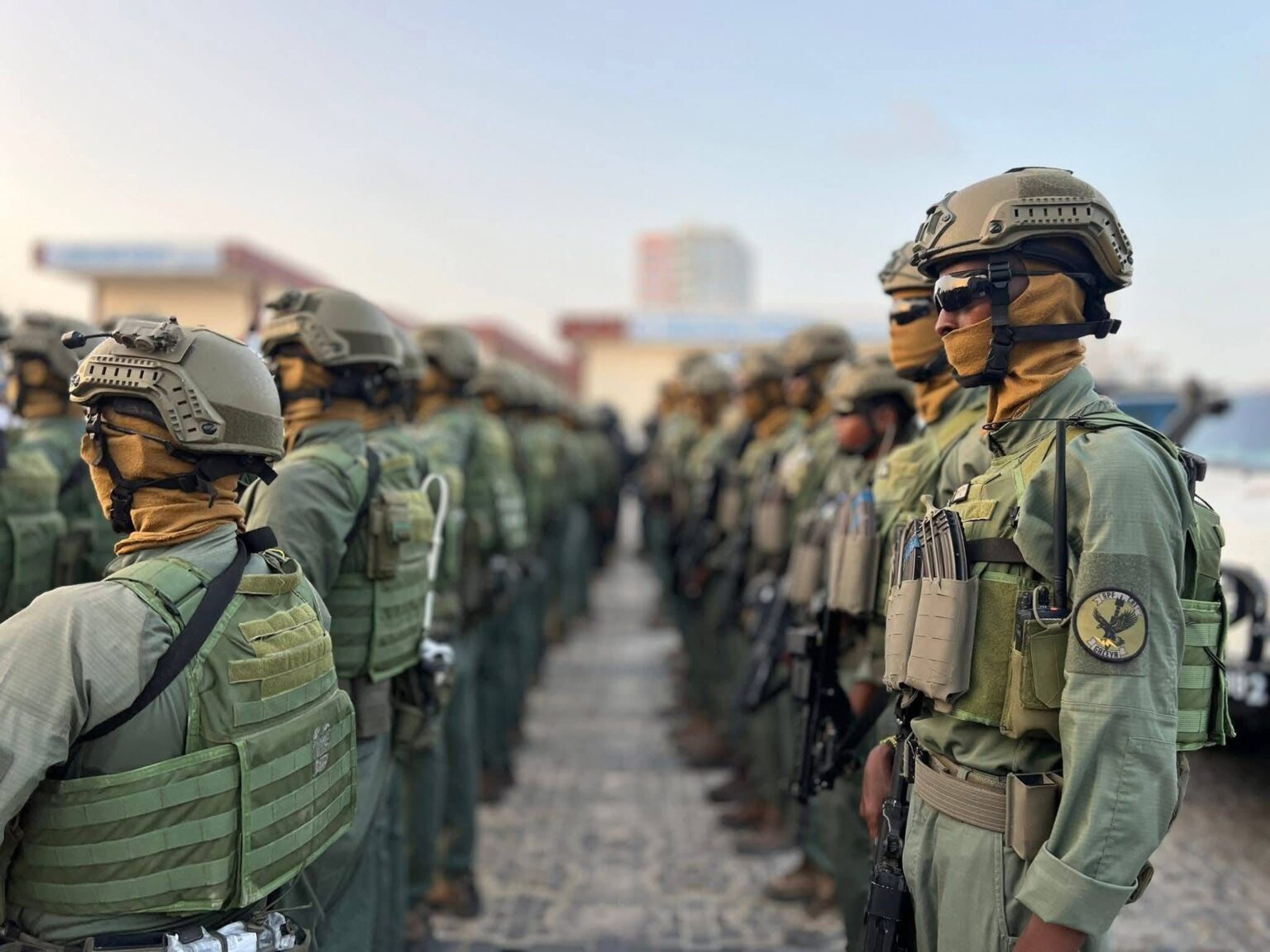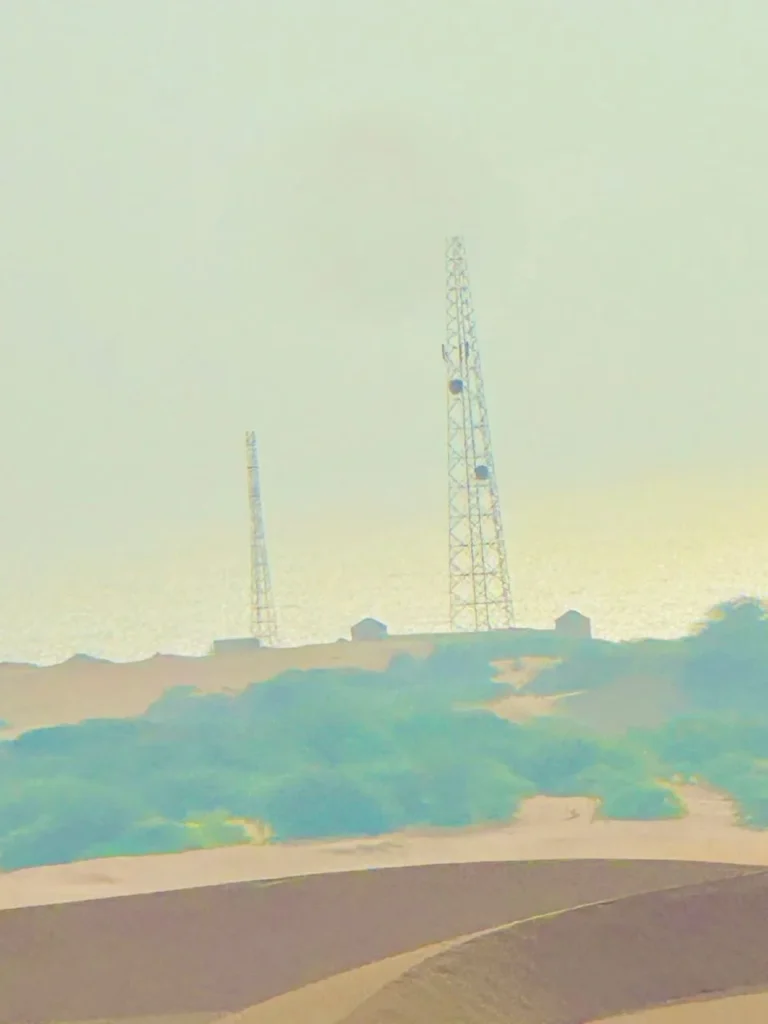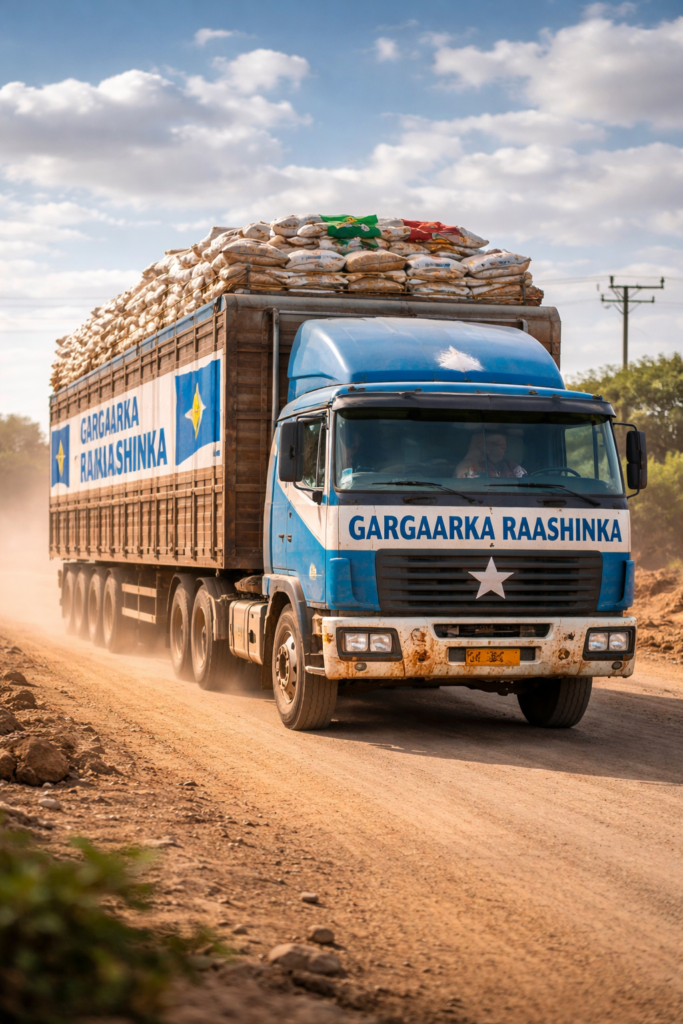Recognition is not a prize to decorate political speeches. It is a heavy political act, one that reshapes security, alliances, and the fate of ordinary people. Today, in Somaliland, the foundations for safely pursuing Recognition do not exist.The Somaliland administration has entered a dangerous phase, where Recognition risks turning its territory into a battleground for foreign interests. Somaliland’s ties with Israel and the possibility of a security or military footprint have alarmed not only local populations but neighboring states as well, particularly Djibouti. This concern is not paranoia; it is a sober security assessment. Djibouti understands this: when foreign powers…
Author: Osman Omar
Telefoonku waa saaxiibka aan ka maarmin—jeebka ayuu ku jiraa, hurdadana wuu kula seexdaa. Laakiin marka uu bilaabo kulayl xad-dhaaf ah ama batteri si yaab leh u daadanaya, taasi ma aha nasiib-darro keliya, ee waa dhibaato cusub. Waxaa jira sababo cad oo farsamo iyo dabeecad isticmaal labadaba ah. Aan kala qaadano la badooda. 1. Isticmaalka apps culus iyo shaqo badan hal mar Marka aad isla mar wada furto apps badan sida ikTok, YouTube, Maps, WhatsApp, browser—CPU-ga iyo RAM-ka telefoonka ayaa shaqo culus gala. Shaqo badan = kulayl badan.CPU waa maskaxada sida aan joogtada aheen u haaya xogtaada➡️ Kuleylkaasi wuxuu si toos…
The local election held in Mogadishu represents more than a procedural exercise or a symbolic gesture toward democracy. It marks a structural shift in how political legitimacy is produced and perceived in Somalia’s capital. While debates continue over imperfections, inclusivity, and long-term outcomes, the election introduced a new political reality: direct civic participation at scale. Once such participation occurs, reversing it becomes significantly more difficult—not because of ideology, but because of human behavior, institutional momentum, and political cost. This article examines the election through an objective lens, focusing on grassroots participation, governance design, security dynamics, and why future administrations will…
Every time Somalia’s election system shifts, you can almost predict the response. A former senior official steps forward and says something along the lines of: “I was Prime Minister. I represent no clan.” On the surface, it sounds reasonable. Even admirable. But it rarely appears at random moments. It usually shows up right when the rules of the game begin to change—when politics starts moving away from closed negotiations and toward broader public participation. That timing matters. No Somali politician rises in isolation. Power is built slowly and socially—through people, elders, favors, alliances, and long conversations behind the scenes. Yes, the office…
The Commander of the Somali Police Force, Asad Osman Abdullahi, together with Deputy Commander Osman Abdullahi, has officially deployed police units tasked with securing the local council elections across the Banadir Region. The forces were dispatched to pre-designated security posts ahead of voting scheduled for December 25, with the objective of ensuring the safety of voters and the smooth conduct of the electoral process. Addressing officers and personnel, the Police Commander emphasized professionalism, discipline, and the national responsibility entrusted to the force. He issued clear instructions for security units to offer special support to elderly voters, people with disabilities, and mothers, underscoring…
Cusboonaysiinta iPhone-ka (iOS Update) waa arrin muhiim u ah amniga, xawaaraha, iyo shaqada guud ee taleefanka. Dad badan ayaa haysta iPhone, balse ma oga sida saxda ah ee loo update-gareeyo ama sababta ay muhiim u tahay. Maqaalkan wuxuu si cad kuu barayaa sida loo cusboonaysiiyo iPhone-kaaga talaabo talaabo, adigoon aqoon farsamo u baahnayn. Maxaa iPhone-ka Loo Cusboonaysiiyaa? Cusboonaysiinta (update) waxay: 👉 iPhone aan la update-gareyn waa taleefan nugul. Sida Loo Cusboonaysiiyo iPhone-kaaga – Tilaabo Tilaabo 👉 Tallaabada 1: Fur Settings 👉 Tallaabada 2: Dooro “General” 👉 Tallaabada 3: Riix “Software Update” 👉 Tallaabada 4: Riix “Download and Install” 👉 Xogtaada…
LOWER SHABELLE — The Somali National Army (SNA), backed by National Intelligence units and local community forces, has carried out a successful, coordinated security operation today in parts of Lower Shabelle, dismantling Al-Shabaab positions and restoring government control over key locations. According to information confirmed by federal authorities, the joint forces targeted militants operating in the area and fully cleared them from all zones where the operation was conducted. The government says the operation reflects an increasingly integrated approach that combines military pressure, intelligence coordination, and local participation. In an official statement, the Federal Government announced t hat SNA units have secured four strategic locations: Galka Saalimoow,…
Habka Ugu Fudud Ee Loo Raadiyo ama Loogu Raad-raaco Taleefan Samsung Marka Uu Lumo Waxaad isticmaali kartaa SmartThings Find ee Samsung adigoo galaya find.samsung.com ama Samsung Find app. Ku gal akoonkaaga Samsung si aad u aragto goobta taleefanka yaalo, waad waci kartaa waad xirikartaa dhamaan waad sameen kartaaa Sidoo kale, Find My Device ee Google (android.com) ayaa shaqeeya dhammaan taleefannada Android—waxay u baahan tahay inaad ku gasho akoonkaaga Google. Hubi in uu yahay ON aalda sheegeysa teellfoonkaaga meesha uu yaaalo hadii uu yahay Offline lama helaayo, sidasi darteed marka ugu horeeysa ee aad gadato teleefoonkaaga ood google account ku xirto…
Laga bilaabo Lawyacado ilaa Baladxaawo, hal cod ayaa ka yeeraya: dadkeenna gaajo ayaa haysa. Ma aha war la yaab leh, balse waa run qaraar—mid aan la iska indho tiri karin. Carruurta calooshooda maran, waayeel aan wax haysan, iyo ganacsato yaryar oo la kulmaya xayiraado iyo cabsi joogto ah. Soomaaliya maanta kama dhiman kheyraad; waxa ka maqan waa midnimo, qorshe, iyo hoggaan u adeegaya nolosha dadka. Haddii aan rabno in qaran ahaan uga baxno xaaladdan, waa in aan si daacad ah u wajahnaa saddex caqabad oo waaweyn—kuwaas oo ah furaha badbaadinta dadkeenna. 1. Dagaalka Al-Shabaab iyo Dhulka Wax-soo-saarka Caqabadda koowaad waa…
iCloud waa keydka xogtaada gaarka ah oo qofkasta leeyahay, Haddii password-ka kaa lumo,ama phone ka lagaa xado ha argagixin, shirkada Apple waxay bixisaa hab fudud oo sharci ah oo lagu soo celiyo accoun kaaga. Habka Ugu Sahlan: Haddii aad leedahay lambar telefoon oo iCloud ku xiran, soo celintu waa degdeg. Talo Muhiim ah: Su aashu waxaa weye Waa Maxay Two-Factor Authentication (2FA)? Dunida dijitaalka ah ee maanta, password keliya kuma filna. Hal qalad, hal xatooyo, hal click oo khaldan—akoonkaaga wuu baxayaa. Halkaas ayay ka dhalatay Two-Factor Authentication (2FA).waxaa la hibinayaa in aad tahay qof aad sheeganeeysi Haddaba, waa maxay 2FA?…
Facebook waa aqoonsigaaga dijitaalka ah. Waa sawirkaaga, xiriirada qoyskaaga iyo qaraabadaa waa kalsoonidaada. Haddii lagu jabsado—ma aha “yaab”, waa digniin. Lagu soo diray. waana la soo clin karaaa . Halayaabin. Waa caadi Calaamadaha Cad ee Muujinaya In Facebook-kaaga La Jabsaday waxaa ka mida. Haddii mid ka mid ah waxyaabahan aad aragto, si fiican u fiiri facebook Hal qodob kaliya kugu filan waa talaabooyinkaan. Sida Ugu Fudud ee Aad Ku Hubin Karto In La Jabsaday waa in aad eegtaa calaamadahaan 1️⃣ Gal Halkaaan si aad u ogaato Gal Settings & Privacy Haddii aad aragto dalka aad joogto mid ka duwan…

